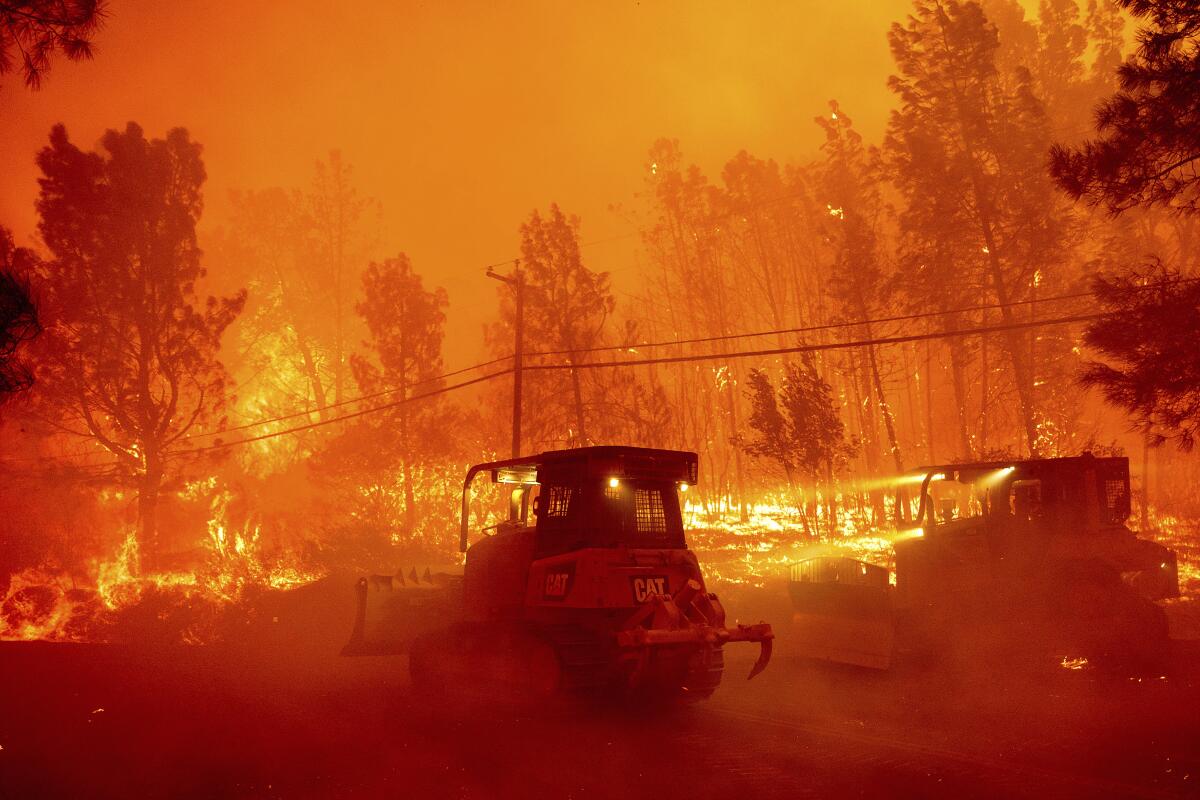Vice President Kamala Harris has been walking a fine line since taking the reins from President Joe Biden, who has historically low public approval. In her first week on the campaign trail, Harris has largely stuck to the script, echoing Biden’s policy positions on issues like voting rights, gun control, and reproductive rights.
However, Harris has also begun to carve out her own unique style, leveraging her background as a prosecutor to frame the election as a battle between “prosecutor versus felon” – a nod to Trump’s New York felonies. She has also used her platform to speak directly to issues like abortion, drawing on her own experiences as a woman.
Despite these subtle differences, the Trump campaign has dismissed Harris as more of the same, labeling her as “weak, failed, and incompetent” and predicting that she will struggle to connect with voters in key swing states. Trump himself has expressed skepticism about debating Harris, suggesting that she will be no different from Biden in terms of policy.
However, Harris has a history of diverging from Biden on key issues, particularly in the area of environmental policy. As a senator, she co-sponsored the Green New Deal and expressed support for a ban on fracking, positions that Biden distanced himself from. Several green groups have come out in support of Biden’s decision to drop out of the race, and it remains to be seen whether Harris will seek to move beyond her predecessor’s policies in this area.
According to Axios, Harris is considering a nearly $2 trillion pre-K, child care, and elder care program, as well as a plan to raise the corporate tax rate to 35%. These proposals would mark a significant departure from Biden’s more modest plans, and could potentially appeal to progressive voters who have been critical of the Biden administration’s policies.
Despite these potential differences, Harris has largely fallen in line with the Biden administration’s policies since taking office. When asked about the possibility of Harris carving out her own policy agenda, White House press secretary Karine Jean-Pierre pointed to their record of working together, suggesting that their partnership has been “very successful, policy-wise.”




